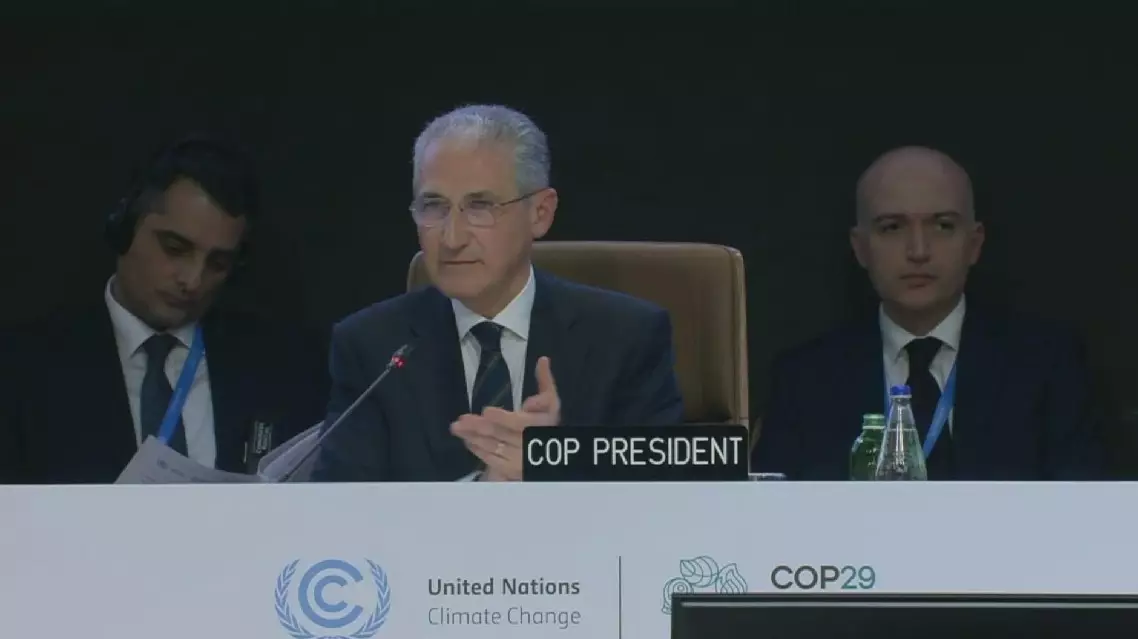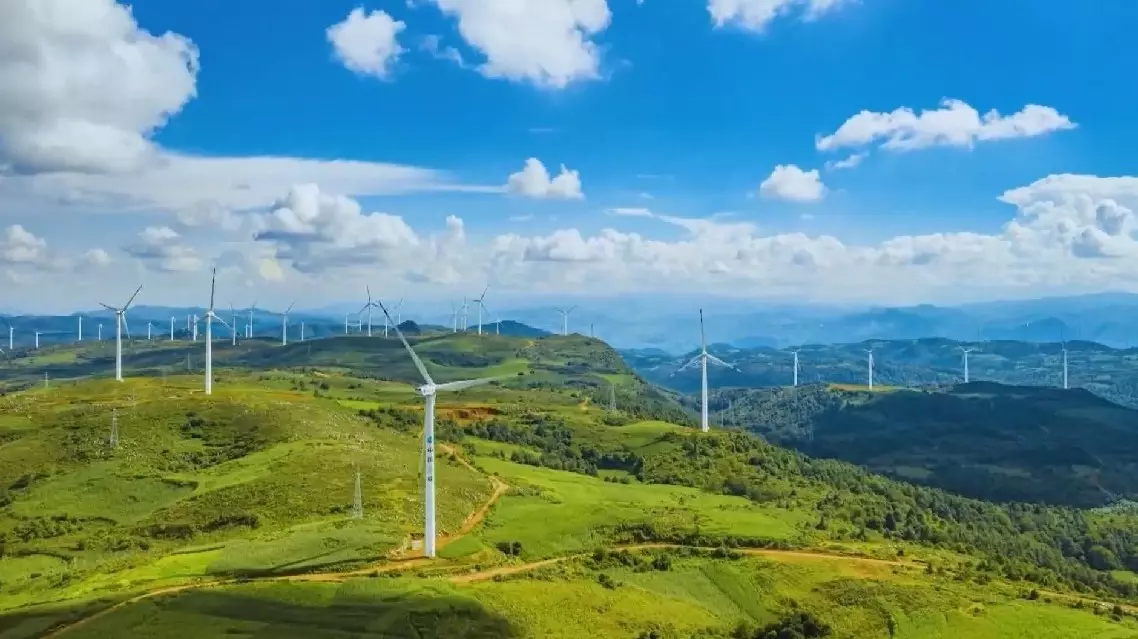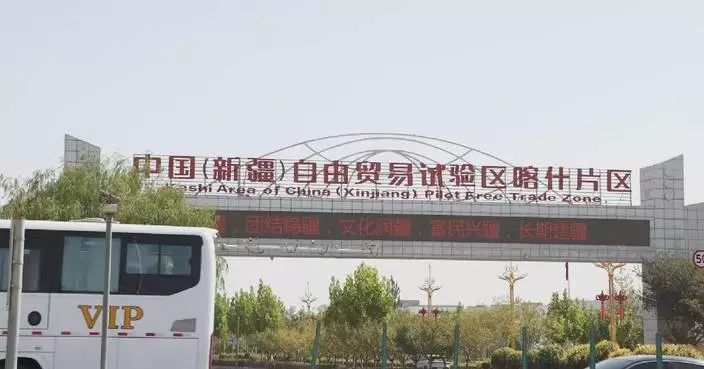A package of climate agreements was reached early Sunday at the conclusion of the 29th session of the Conference of the Parties to the United Nations Framework Convention on Climate Change (COP29) in Baku, Azerbaijan.
The agreements include decisions on the New Collective Quantified Goal (NCQG) for climate financing and issues relating to the global carbon market mechanism under Article 6 of the Paris Agreement.
Article 6 of the Paris Agreement recognizes that some parties choose to pursue voluntary cooperation in the implementation of their nationally determined contributions to allow for higher ambition in their mitigation and adaptation actions and to promote sustainable development and environmental integrity.
The agreements reached on Sunday set the post-2025 climate finance targets, including an annual funding of at least 300 billion U.S. dollars from developed countries and a broader climate financing goal of at least 1.3 trillion dollars per year by 2035 for supporting developing countries' climate actions.
The arrangement is expected to lay the groundwork for developing countries to undertake climate action and submit a new round of nationally determined contributions next year.
Nearly 200 parties also broke years of deadlock in multilateral negotiations, reaching a consensus on the international carbon market mechanism under Article 6 of the Paris Agreement. This marked the completion of the implementation rules for the market mechanism under Article 6 and resolved the last pending issue within the Paris Agreement.
In addition, the conference also reached decisions on various other issues, including the carbon trading mechanism, the implementation of the Global Stocktake results, the mitigation work program, and the global adaptation goal.
In his speech at the closing plenary session, Zhao Yingmin, head of the Chinese delegation and vice minister of ecology and environment, highlighted that this year marks the 30th anniversary of the entry into force of the United Nations Framework Convention on Climate Change (UNFCCC). Over the past 30 years, the process of climate governance under the convention has faced challenges but has consistently moved forward.
Zhao emphasized that humanity is a community with a shared future, and that in the face of the climate crisis, unity and collaboration are the only viable paths.
"We have noticed that the outcome document on the NCQG reveals that developed countries' financial commitments still fall far short of meeting the needs of developing nations, and their financial obligations must be further clarified," Zhao said.
He added that addressing the global climate crisis requires adhering to the principle of "common but differentiated responsibilities," upholding multilateralism, and working together for mutual benefit.
"China, as a responsible major developing country, will steadfastly promote the multilateral process and international cooperation on climate change together with all parties, regardless of how the global landscape evolves. China will continue to implement its national strategy for actively addressing climate change, pursue its carbon peaking and neutrality goals, and engage extensively in South-South climate cooperation. We will contribute to global green, low-carbon, climate-resilient and sustainable development," Zhao said.

COP29 reaches global climate deal package









